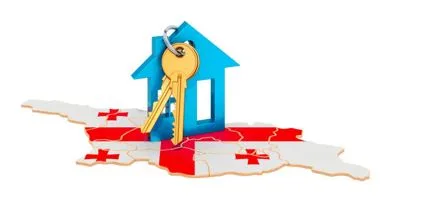Cost of Real Estate in Georgia: Trends, Factors, and Insights
Georgia, a state known for its diverse landscapes and booming urban centers, has witnessed a dynamic real estate market in recent years. From bustling Atlanta suburbs to serene countryside towns, property prices vary widely, reflecting the region’s economic growth, lifestyle preferences, and geographic diversity. Understanding the cost of real estate in Georgia is crucial for potential homeowners, investors, and renters alike.
Factors Influencing Real Estate Prices
Several factors contribute to the cost of real estate in Georgia:
- Location
The location of a property significantly impacts its price. Urban areas like Atlanta, Savannah, and Augusta tend to have higher property values due to demand, employment opportunities, and infrastructure. Conversely, rural areas generally offer more affordable options but may lack immediate access to amenities.
- Economic Conditions
Georgia’s economic stability, job market, and population growth play a major role in shaping real estate prices. Areas with thriving industries and high employment rates often experience increased property values.
- Property Type and Size
Single-family homes, condos, and townhouses vary in price based on size, age, and features. Larger homes or newly constructed properties with modern amenities naturally command higher prices compared to smaller or older structures.
- Interest Rates
Mortgage interest rates affect how much buyers are willing to spend. Lower interest rates increase affordability, often leading to higher demand and rising property prices.
Average Real Estate Prices in Georgia
While prices fluctuate based on the factors above, general trends can be observed:
- Atlanta Metro Area: The average home price is considerably higher than the state average due to high demand and urban development. Properties in desirable neighborhoods or close to downtown can command premium prices.
- Savannah and Coastal Areas: Coastal properties often carry higher price tags due to scenic views, tourism appeal, and limited availability.
- Rural Georgia: Homes in smaller towns or countryside regions are typically more affordable, making them attractive to first-time buyers or those seeking quieter living.
Trends in the Georgia Real Estate Market
Recent trends indicate steady growth in property values, driven by an influx of new residents and businesses relocating to the state. Additionally, there is a noticeable shift toward suburban and exurban areas, as buyers seek larger spaces at more competitive prices. Investment in commercial real estate has also increased, reflecting Georgia’s expanding economy.
Tips for Buyers and Investors
- Research Thoroughly: Understand local market trends and property values before making a purchase.
- Consider Future Growth: Areas with planned infrastructure projects or economic development often see appreciation in property values.
- Evaluate Financing Options: Compare mortgage rates and loan programs to optimize affordability.
- Inspect Properties Carefully: Ensure the property’s condition aligns with its price to avoid unexpected costs.
Conclusion
The cost of real estate in Georgia varies widely depending on location, property type, and economic factors. While urban centers like Atlanta are more expensive, rural areas provide affordable alternatives. By understanding market dynamics and carefully evaluating options, buyers and investors can make informed decisions in Georgia’s diverse real estate landscape.





